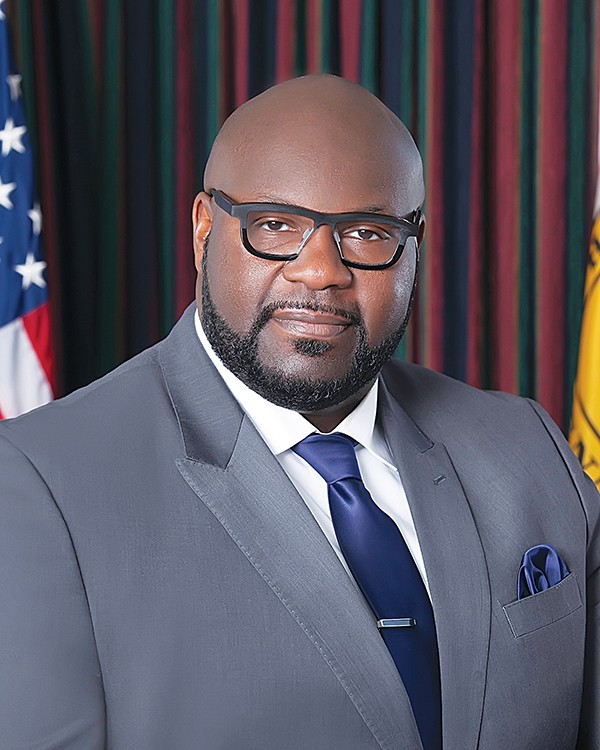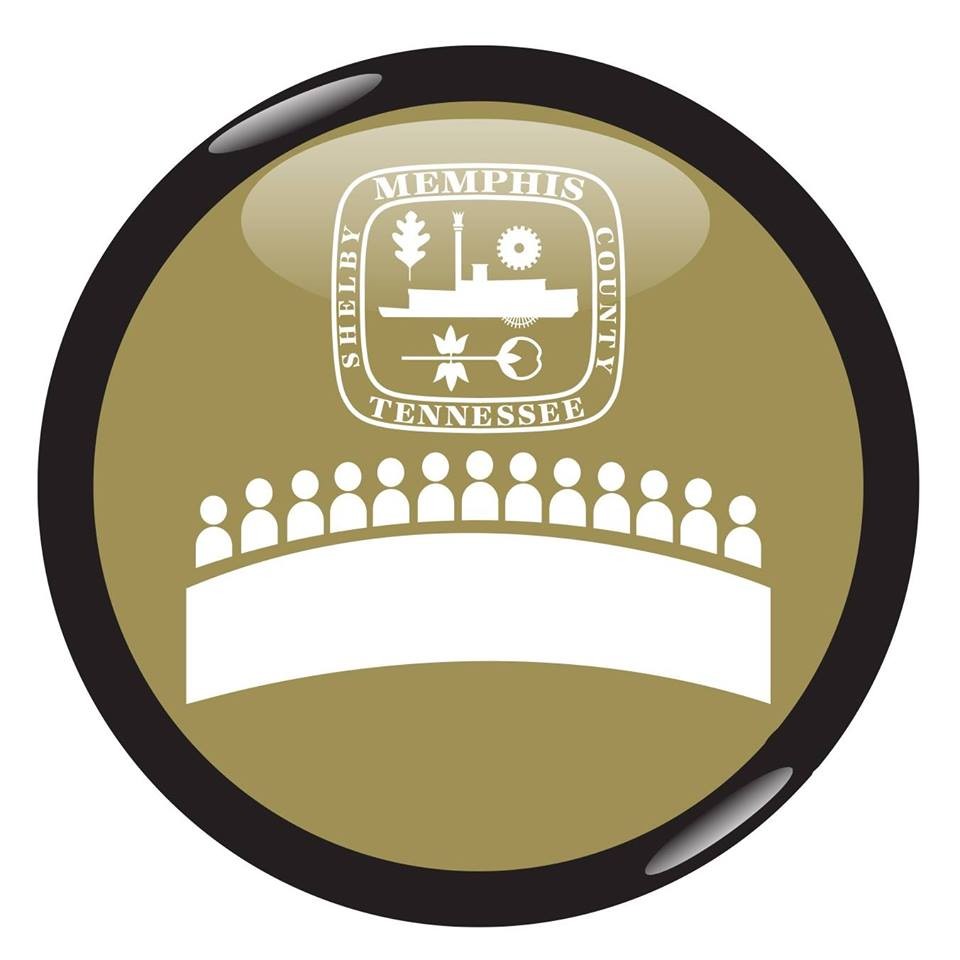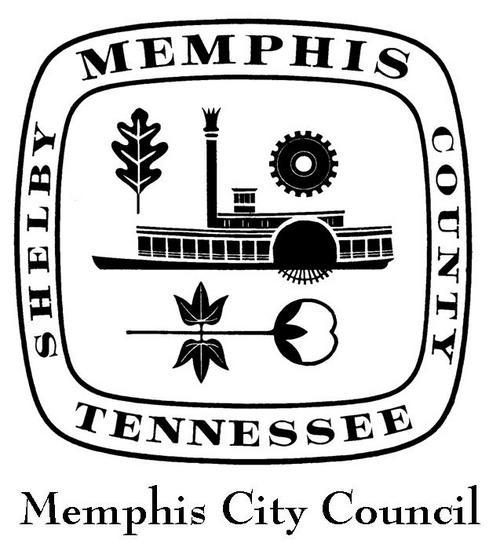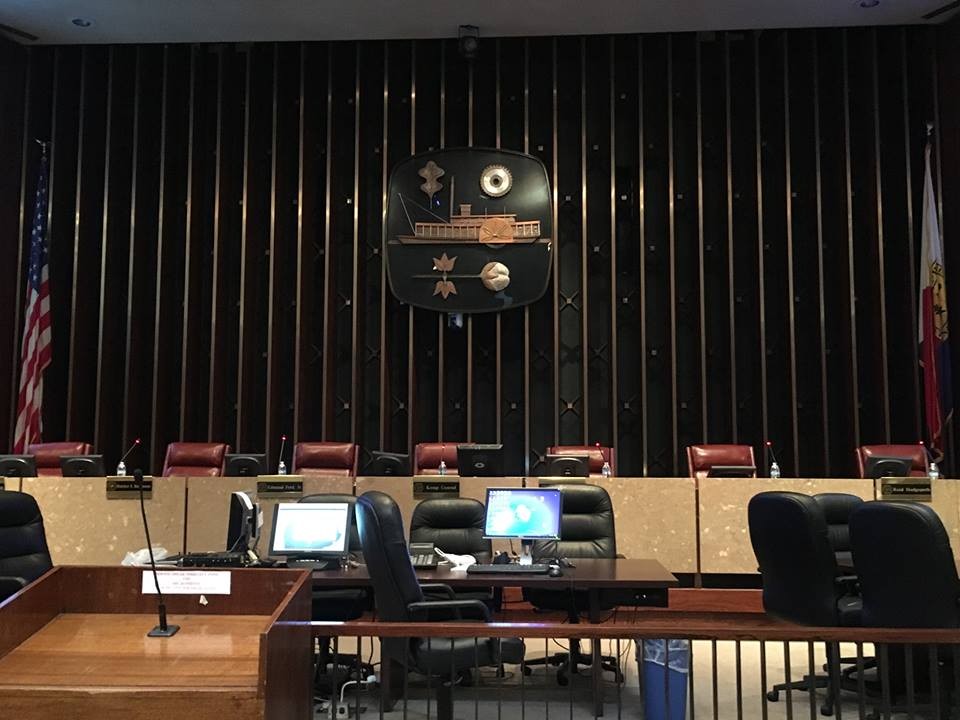
Berlin Boyd
Next year it’ll cost about $2 million to run the Memphis City Council.
The council has asked for just a little more than $1.9 million in next year’s budget. The lion’s share of that — about $1.1 million — will pay for salaries and benefits for the council and council staff, about 24 total positions.
But council members asked for more money next year for travel, catering, legal services, and a lobbyist. You can get all the details of the budget in this story.
I asked council chairman Berlin Boyd about his budget. He said you can learn a lot from other cities, that the council needs someone in Nashville “who looks like” Republican lawmakers, and that the Shelby County Commission’s budget for food was well above that of the city council but rarely gets covered in the press.
Memphis Flyer: Do you feel good about the city council’s budget you proposed?
Berlin Boyd: I feel great about it. I’m confident in it. I stand behind it 100 percent.
My legal contingency budget had to go up due to so many litigations we’ve been dealing with just to make sure we have enough money there. We have active lawsuits that are going on that are council-related. When there’s something that happens we have to make sure this body is protected.
As it pertains to our travel budget, that’s one thing that I wanted to do. When people say, “well, why do you guys need to travel? Why do you guys need to go places?”
You can learn new things by visiting other cities when you’re going through things. One city I’m looking at now is Louisville. I’m curious how in the world that their public safety budget is 50 percent of their city budget when ours is 72 percent of our city budget? 
There are things you can learn in other cities. But I also want our staff to be trained and have continuing education to bring things back because they work for council members.
So, we expanded out travel budget to give our staff an opportunity to go to (National League of Cities) and go to (Tennessee Municipal League), places they can go and bring things back.
The one thing we are behind on as it pertains to travel as well, we don’t have lobbyist. So, we have money in our budget to cover a lobbyist.
So, the city council, we’re going to start being proactive on the state levels when it comes to dealing with the legislature, the state Senators and the state Representatives. We will have someone up in Nashville just looking out for the city of Memphis’ interest from a city council/legislative branch of government standpoint.
Those thing we never had in the past. So, with the times changing, and with a Republican-controlled House and Senate, you kind of need someone there who looks like them and that can related to them and help us out locally.
[pullquote-1]As you know with de-annexation and some other things like marijuana legislation, those things challenge us and when you’re a small-town representative and you don’t deal with big-city issues, you kind of view things differently. Until you walk in a major city’s shoes, until you can say you represent on of the Big Fours — Memphis, Nashville, Chattanooga, or Knoxville — it’s a little different. So, that’s the reason why it’s important for us to add money to our budget for a lobbyist.
MF: You were talking about Louisville. Would a visit there be like you and another council member would travel to Louisville and talk to council members up there? How would you interact with city officials there?
BB: You want to at least have an opportunity to go and meet with the mayor. You want to meet with their administration or administrative staff. You want to talk to their police director and fire chief. You want to spend a day or two walking in their shoes to actually bring something back to Memphis that we may overlook.
You want to go into their fleet department and look at their expenditures. Look at their fleet maintenance programs and see if they have a system in place that we don’t have. Sometimes it’s best when you can get hands-on experience and share that.

Something else I want to do is set up something where I can go down to New Orleans and talk to their police staff and see how they handle security on Bourbon Street. What’s the difference between their security on Bourbon Street and what we do here in Memphis on Beale Street? Are there any take-aways we can learn from how they use mounted and regular patrolmen that we’re not doing?
You don’t know these things until you visit and until you’re there in person. Why re-invent the wheel when you can only make improvements to it? That’s the way I look at it.
MF: When you were talking about the lobbyist, you said that, with the Republican-controlled House and Senate, you might want to get somebody who looks like them. What did you mean by that?
BB: You want somebody who can talk their talk, that’s of their party, somebody that’s a mover and shaker in Nashville, a lobbyist who is from Nashville, and has relationships in Nashville, that can actually help us out when there are issues coming down that really will affect and impact Memphis.
You know, we lost the Hall (income) tax. If we had somebody up there that could represent us and say, “hey, this is the overall impact that losing $15 million a year will have on Memphis,” maybe we could’ve circumvented that if we had a lobbyist up there in Nashville working on our behalf.
[pullquote-2] Also, council members now were becoming a little bit more active in going to Nashville and trying to spend time in Nashville to work on the city’s behalf as well.
MF: Do any of the other Big Four cities have lobbyists?
BB: Yes. Right across the street (at the Shelby County Commission), they have a lobbyist for the commission, Shelby County government. As a matter of fact, they have someone who represents them locally and federally.
MF: And we don’t have anyone locally or on the federal level, do we?
BB: I think (Mayor Jim Strickland’s) administration does but as far as our legislative branch, no.
MF: There was a line item in there that caught my eye. It was $0 before and then it went up to $35,000 and it said “outside communications.” Did y’all get cell phones or something?
BB: No, no, no, no. That’s part of our lobbyist money. So, we had a carry over from last year. We moved a line item. No one on this whole council has any kind of cell phone communications that is provided by the city.
That carryover money was put there because we’re going to put a bid out, an (request for proposal) out really soon for our lobbyist. So, we needed some extra money because we got some ranges as to what a lobbyist would cost us. So, that’s what that $35,000 line item was added to the $60,000 we had there already.

MF: Aha. That’s clears that up. Thank you.
The whole thing that seems silly but people are interested in….
BB: Food.
MF: They want to know about the food.
BB: (Laughs.)
MF: It was $8,000 this fiscal year and you’re asking for $10,000 for next year. What’s that money go to and why did you ask for more money this year?
BB: We operate on a shoestring budget. A lot of people don’t really understand the necessity as to why we eat.
We get here, sometimes and especially during budget season and budget meetings start at 7:30 a.m. or 8 a.m. We’re here until whenever our business is done. So, if it takes us to 2 a.m., we’re here from 7:30 a.m. until 2 a.m.
We don’t break for our business. If we didn’t have lunch here, literally, it’s one of those situations where, if we took an hour or two-hour lunch, that means all the city business must stop until we get back and reconvene.
MF: But there is a lunch break, right?
BB: Well, we have pretty much…we take an hour for lunch. But we’re right back at work and a lot of people immediately go right into our next sessions. So, some people are still eating while we’re in there. So, it’s just from an overall convenience factor.
[pullquote-3]What we spend, if you think about it, it’s minuscule. We spend roughly that amount of money to have some person every other Tuesday when we meet to cater us food.
But, one thing that’s amazing to me, no one ever covers the budget from the county commission side. Their budget is way high. They provide breakfast and lunch over there. (Laughs.) We only provide lunch but it’s always highlighted over (at Memphis City Hall).
I tell people this all the time. Until I was on this body, and until you walk in our shoes over here, you don’t really understand why it’s necessary.
MF: Here’s what people say and I know you’ve heard this a thousand times…
BB: Bring your own lunch!
MF: Yeah, or they’ll say, “I get an hour for lunch and I can go out and get what I need on Main Street. Why can’t (council members) do it?”
BB: Because when you have 13 individuals and you’re trying to rein them in and you have important issues that you’re dealing with as it pertains to taxpayer dollars, you want to make sure we can have access to all those members on all of those different committees throughout the day.
We hear a lot of important information in those committee meetings. If it’s a situation where it’s a chairperson of (the Planning and Zoning committee) got caught in traffic or that was out and something happened, now you have people who have taken off work to come here during the noon hour or 1 p.m. that now have to wait. It delays the whole meeting.
We have every meeting scheduled with enough time so we can get downstairs at 3:30 p.m. and start the full council meeting.
MF: Do y’all eat together when you’re having lunch?
BB: Typically, it’s hit or miss. The way it typically works for me, if I have a break, I’ll schedule a meeting during my lunch or I’ll try to meet with a constituent while I’m trying to cram some food.
Or, people will go into their office and try to do real work for their real jobs while they eat. People kind of break ways and they’ll eat in their offices. Some people will stay in the committee room and some people don’t eat. So, it’s kind of one of those hit or miss things. People are really scattered about during that time.
MF: But (the council) doesn’t violate the Sunshine Law where y’all are sitting around a table behind a closed door somewhere talking about policy.
BB: We don’t even have a cafeteria or a place where all of us could sit down in one area. It’s pretty much a situation where everybody runs into their office. (Laughs.) And they’re trying to take care of their own personal business. You know, we have real jobs outside of this.
[pullquote-4]MF: Chairman Boyd, that was everything I had. I appreciate your time. Is there anything about your budget that people don’t understand or that you want to add?
BB: It’s one of those things that I hope that you covering this it will shine light on it. So, people can understand that if you want to have a great city you must invest into those who represent your city.
There are things that we can learn from other cities that have been successful just merely by going and paying a visit to our neighbors. There’s a lot of great takeaways that you learn from National League of Cities and a lot of great things you learn from what other cities have done.
For example, the last NLC meeting in Pittsburgh, the mayor of Pittsburgh talked about how they changed the identity of their city by identifying what direction the city must take after becoming a dying city after the iron industry.
They identified two key areas — education and healthcare. They stayed the course and re-developed the city and now look at Pittsburgh.